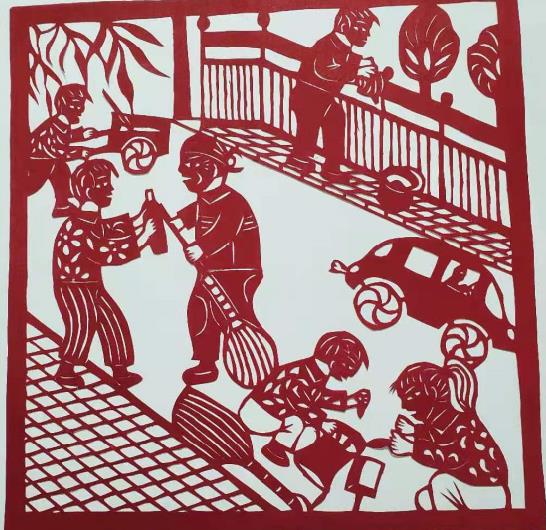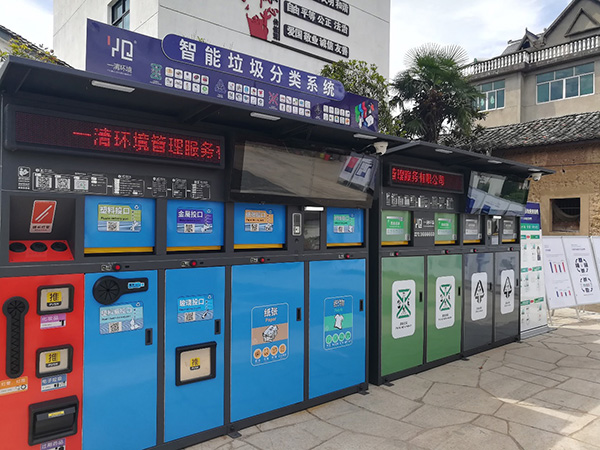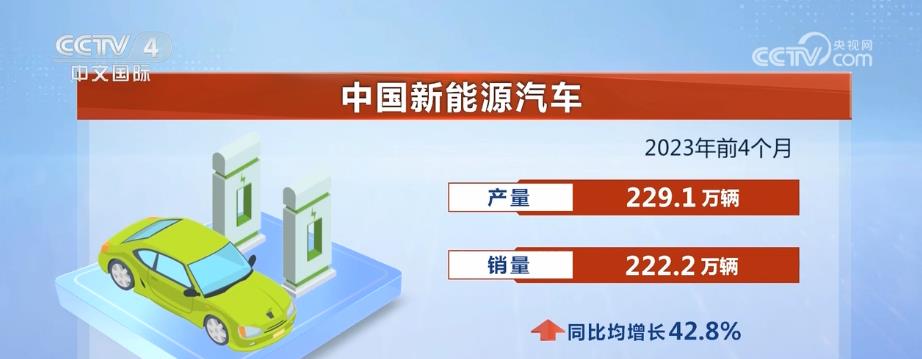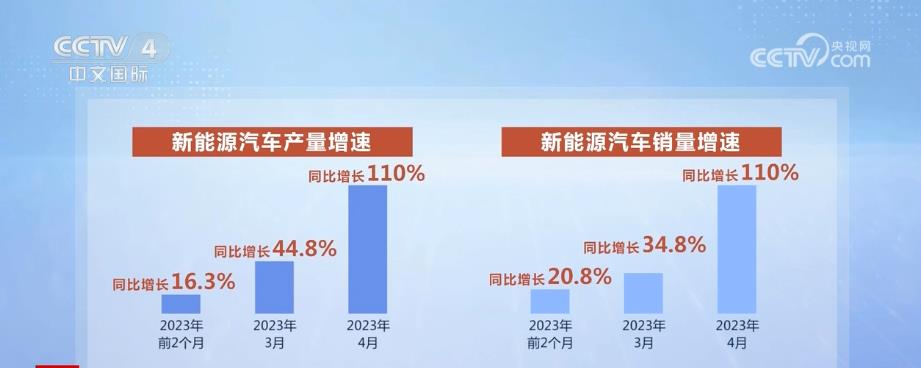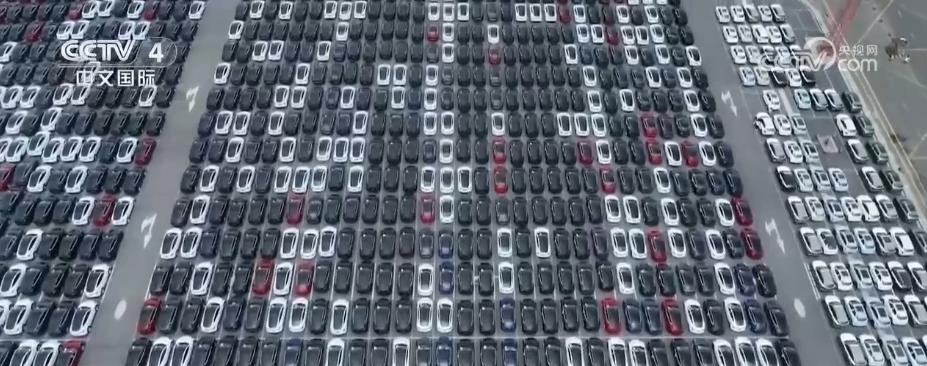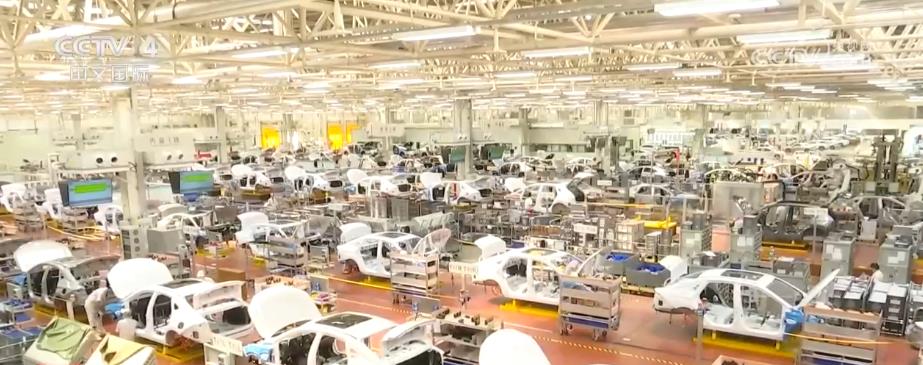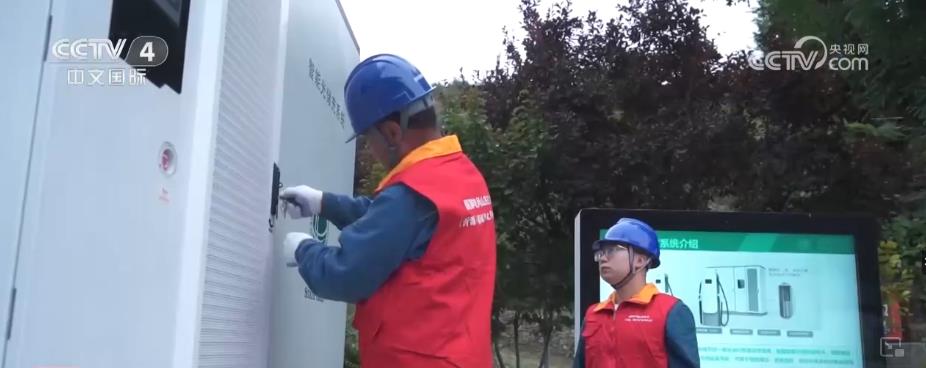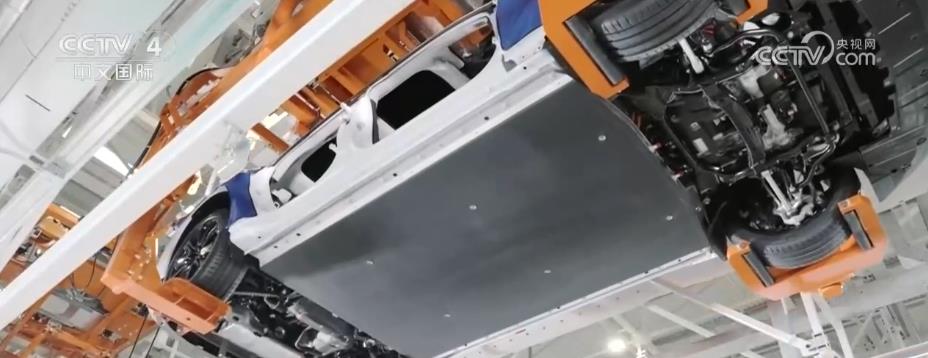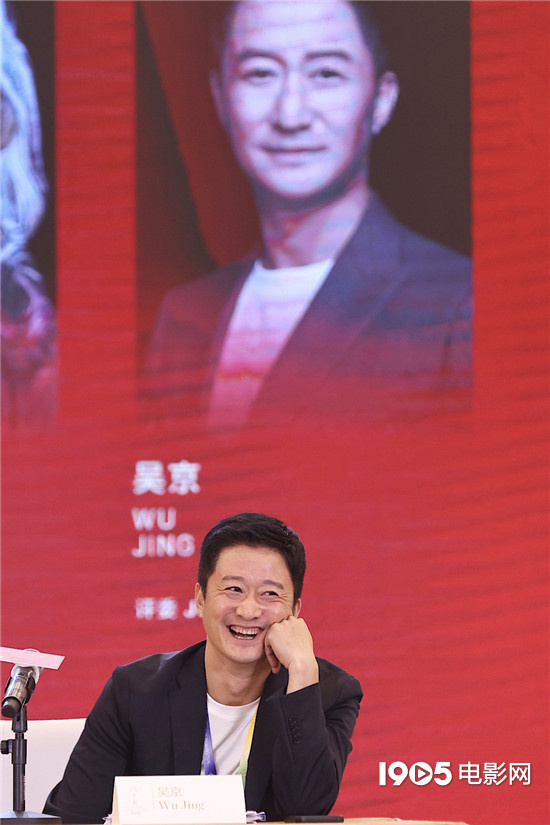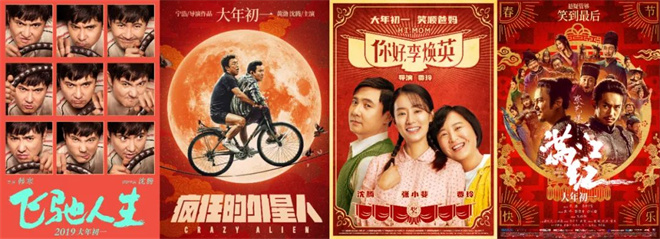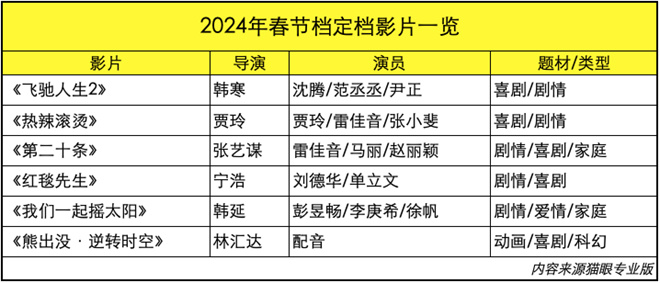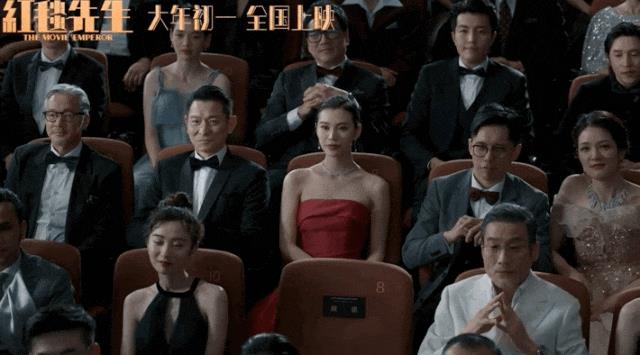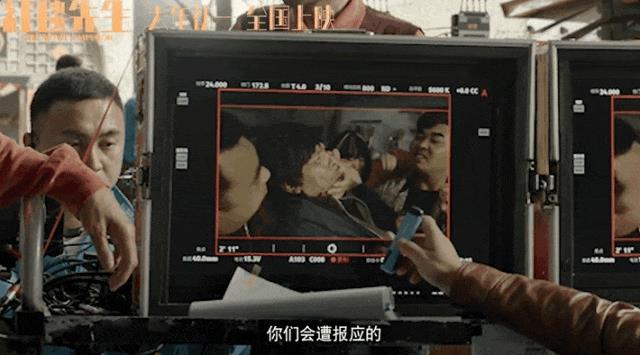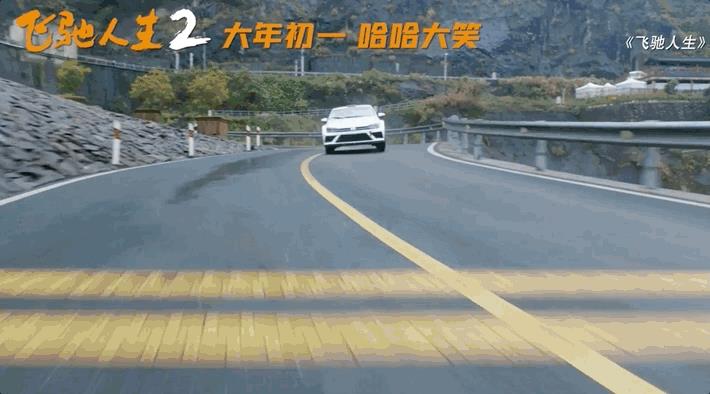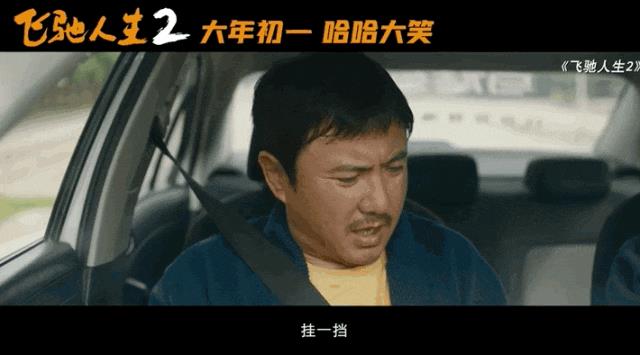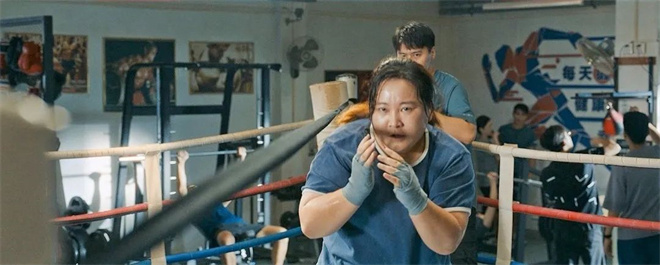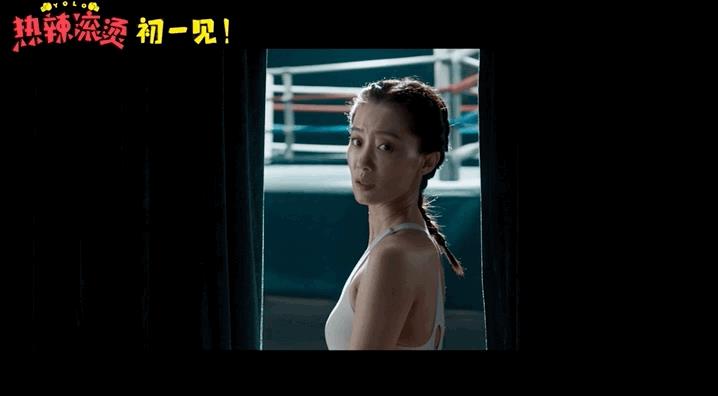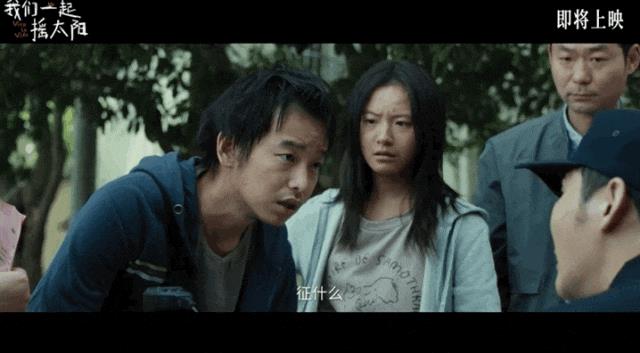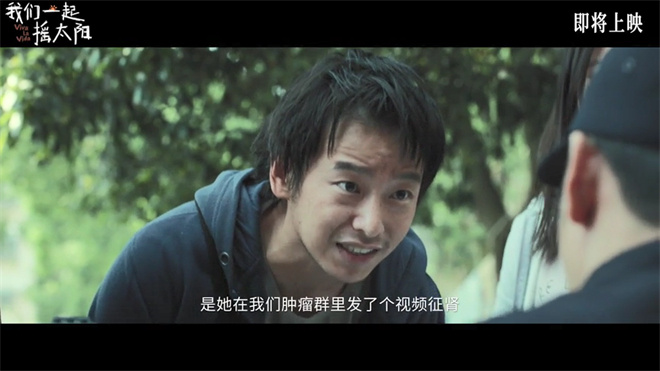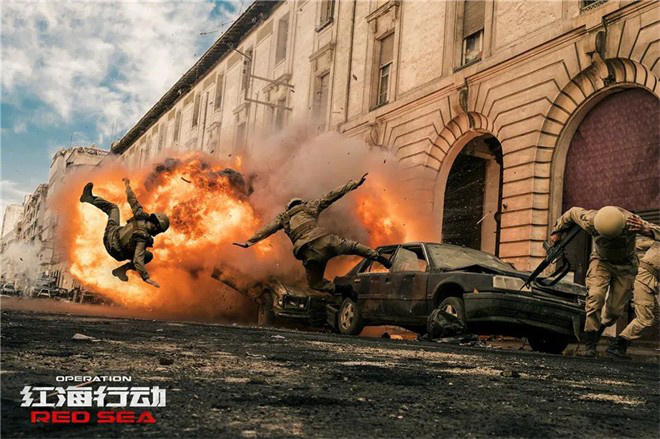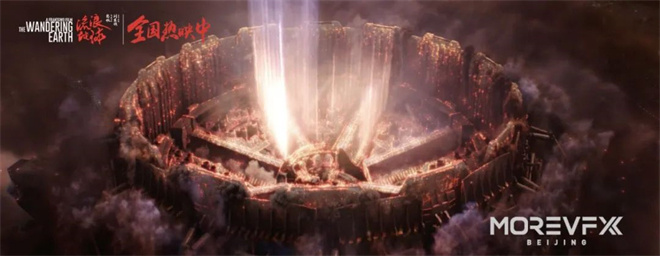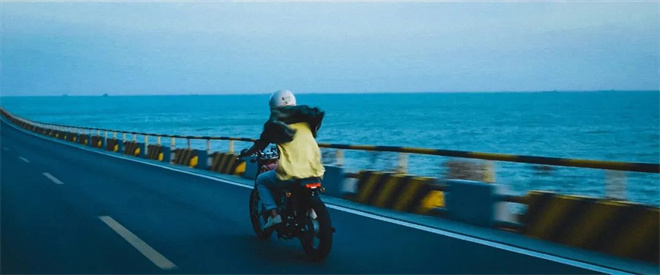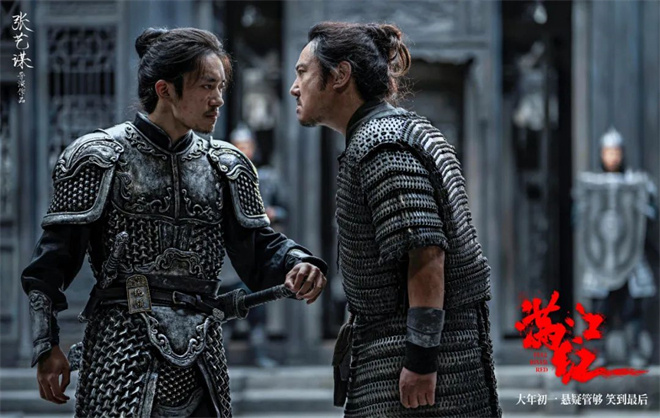[Editor’s note]
In the period when the major strategy of rural revitalization is fully implemented, field research on rural areas is particularly important.
What kind of perspective will scholars returning to the countryside in the Spring Festival observe their familiar countryside? The report column of The Paper think tank published a group of "scholars’ rural investigation reports", inviting scholars to observe and explore the effective path of rural revitalization from many different dimensions, such as rural governance, villagers’ employment, rural industrial status, rural pension, rural education and rural marriage and love market, hoping to provide valuable reference for rural revitalization.
Paper-cut pictures are provided by Zhongyang Wuxiaofen Paper-cut Studio.
At present, while the urban environment is improving day by day, rural environmental problems are becoming more and more prominent, such as "garbage surrounding villages", rural water environmental pollution, and all kinds of wastes "going to the countryside", which are still far from the people’s desire for a better life and building a well-off society in an all-round way. Rural environmental pollution is a prominent shortcoming that restricts rural revitalization.
The comprehensive improvement of rural human settlements is closely related to the production and life of hundreds of millions of farmers, and it is one of the yardsticks to reflect the progress of civilization. Recently, the author went to Zhejiang, Jiangxi and other places for field research, and found that from the reality, various places have successively carried out a series of practical explorations, such as improving the appearance of villages, improving rural human settlements and building beautiful countryside, and achieved certain results. But on the whole, rural environmental governance is still dominated by the government, lacking a long-term market-oriented mechanism.
Quzhou intelligent garbage sorting system. Photo courtesy of the author
Investigation on the current situation: rural environmental governance is dominated by the government and lacks market-oriented means.
In recent years, with the rapid economic development, the problem of rural ecological environment pollution has become increasingly prominent. Research shows that the per capita output of domestic garbage in rural areas is about 0.8 kg per day. What’s more, for a long time, due to the lack of specialized personnel and funds in rural areas, many rural garbage disposal work in China has been blank. Judging from the 588,000 administrative villages in China, only 218,000 have effectively treated domestic garbage, accounting for only one third of the country. The situation of "garbage surrounding villages" is grim. Judging from the situation of water pollution in rural areas, the domestic sewage in rural areas in China exceeds 8 billion tons every year, but the sewage treatment rate is less than 10%. The vast majority of rural sewage is directly discharged into rivers and farmland, which affects crop production and agricultural product quality.
Strengthening the comprehensive improvement of rural environment has become a major issue to be solved urgently in the process of promoting rural revitalization in various places. Through on-the-spot investigation, the author found that the current comprehensive management of rural environment mainly faces the following three problems to be solved urgently:
(A) infrastructure debt, investment.For a long time, China’s rural infrastructure is weak and there are many historical debts, which require a lot of money. Although the country has invested a lot of money in new rural construction and rural revitalization in recent years, after all, there are more than 480,000 towns and 690,000 villages in China, and the conditions in many mountainous villages are very bad, and the amount of funds needed for infrastructure construction is huge.
(2) Social capital investment is high and the return is low.The comprehensive management of rural environment has high social capital investment, low market return rate and poor profitability of enterprises, which leads to poor enthusiasm for social capital investment. Many rural environmental governance needs a large amount of funds, and financing loans are difficult, which can not produce intuitive economic benefits quickly. For enterprises, it is a project with low return on investment and poor profitability.
(3) There are great differences in technology and it is difficult to copy.Compared with urban environmental governance, there are differences between rural pollutants and urban environmental governance in composition, technology and technology, which cannot be completely replicated. Taking sewage treatment as an example, the composition and content of pollutants in rural sewage and urban sewage are different, so the investment in urban sewage treatment construction and market-oriented operation mode of enterprises cannot be universal.
Empirical case: give play to the role of marketization and work together to solve rural environmental problems
(A win-win situation between government and enterprises to create "Qujiang experience"
For rural areas, the task of garbage sorting is arduous and difficult to last. In the past, township and village cadres independently managed the garbage sorting work, and it was inevitable that cadres would press the gourd to float the ladle. Qujiang District, Quzhou City, Zhejiang Province, implements the rural "garbage revolution" and implements the third-party service of garbage classification according to the enterprise operation mode, which can make town and village cadres change from "in front of the stage" to "behind the scenes" and from "athletes" to "referees", effectively grasp the "tangible hand" of the government and the "public hand", form a benign interaction mechanism with the public and third-party enterprises, and ensure the durability and effectiveness of government supervision manpower.
Third-party operation and maintenance integrates the market resources of the industry, and the practice has formed a hierarchical structure and overall law of early source classification and reduction, medium-term recycling of renewable resources, and late landfill and incineration treatment and gradual reduction, clarifying the access of each link of garbage disposal, reducing the burden on township and village cadres, bringing profits to enterprises, giving villagers paid feedback, and reducing environmental pressure, thus forming a win-win situation for all parties.
After the third-party operation and maintenance, 14 towns (streets) in Qujiang District are managed by one company as a whole, which can put an end to the malpractice of caring management. According to the requirements of enterprise personnel management, the original team of cleaning staff is screened out, people with good performance and good health are retained, older and lazy people are dismissed, new people who meet the post requirements are recruited, and a skilled, literate, obedient and dedicated cleaning team is reorganized, so as to dig deeper into cleaning staff. The "cleaning grid" and "general grid" will complement each other and promote each other, and we will fully promote the "1+5" classified cleaning mode of cleaning+classification, cleaning+sorting, cleaning+recycling, cleaning+publicity and cleaning+inspection, which will inject a steady stream of new power into grassroots governance. Up to now, there are 1,432 cleaning teams in Qujiang, and 56 cleaning grids are divided, with an average of 26 cleaning staff in each cleaning grid. In addition, 14 film lengths and 56 squad leaders are equipped to implement the "three-fixed" grid management of personnel, posts and responsibilities to ensure that the responsibilities are assigned to people.
(B) cadres and masses to jointly promote the "toilet revolution."
Small things in rural areas are connected with people’s livelihood. It is not easy to do these "small projects", such as changing toilets in rural areas, treating rural garbage and sewage, and improving the appearance of villages. Who will do it, how to do it and how to run it?
The author learned from the investigation in Changshan County, Zhejiang Province that the government of Changshan County attached great importance to the "toilet revolution" in rural areas, and in April 2017, it took the lead in innovating and launching the director system of public toilets in the country, thus setting off a "toilet revolution" throughout the county. Ye Meifeng, secretary of the county party committee, is the general director of public toilets in the county, while the deputy secretary of the county party committee and the deputy county magistrate are the general directors of public toilets in rural areas and urban areas respectively. In urban areas, the directors of public toilets are the cadres of the county housing and construction bureau and the secretary of the street party working committee, while in rural areas, they are divided into the secretary of the township party committee and the village committees. Every public toilet in the county has its own strengths, and efforts are made to solve the problems of low-grade public toilets, old facilities, poor hygiene and inadequate management, and comprehensively carry out the "300 Action" to reform
"Don’t look at our village, where the village roads are washed, the ancient trees are green, the courtyards and toilets are clean and tidy. A few years ago, there were weeds, piles of garbage, dirty toilets and mosquitoes flying all over the sky." Ye Jiqiang, secretary of the branch of Xucun Village, said with deep feelings. In recent years, Xu Cun put forward the brand of "Dream-chasing Party Branch", which has changed from a weak village with prominent sectarian contradictions, difficult to unify the masses’ thoughts and backward work in various centers to a famous "Golden Nail Village" in the county.
(C) not to rely on solving the "garbage around the village"
Rural environmental governance cannot be separated from capital investment, but it does not mean that money is a necessary condition for rural environmental governance. In other words, "the more money the state invests, the better the rural environment will be" is a misunderstanding. Here, the author takes a field survey of a village in Jiangxi Province to build a garbage pool as a case to explain.
Since 2016, in an F village in Jiangxi Province, villagers have begun to feel the great troubles caused by garbage surrounding villages, and environmental problems have become a major headache for villagers. Someone in the village suggested building a garbage disposal pool, and the village head naturally agreed, but the key question came-where did the money come from? The village has applied to the superior several times, and the result is "no money", and the village has thousands of dollars on its books. Some people suggest that you should stop expecting your superiors to allocate money and build it yourself. But the problem comes again. It is not easy to mobilize the whole village to raise funds in rural areas. There are nail households and poor households in the village, and the conditions of each family are different. The final result of "waiting, relying and wanting" is that the construction of garbage pools is delayed again and again. Later, several young people who worked outside the home couldn’t sit still when they went home during the Spring Festival. They went to the village head to discuss it, stopped "waiting, relying and wanting" and organized the villagers to build it themselves. The final plan is: in terms of mobilization, the village head and several young people who are working hard outside are responsible; In terms of funds, part of the village collective, part of the young people, and part of the villagers voluntarily raise funds, and those who do not contribute to work and contribute; In terms of work, each family has at least one job, which can be flexibly discussed according to the amount of capital contribution; In terms of purchasing materials, young people are responsible. Finally, all the families at home in the village have at least one job, a total of 70 jobs; The cost of materials, such as cement, stone, sand, bricks and tiles, pipes, etc., totaled 7,500 yuan, and the final cost of the village was less than 10,000 yuan. At the same time, the follow-up garbage pool cleaning was carried out in a long-term way of "village collective contribution+township donation+villagers’ work".It is estimated in the village that it is reasonable to spend more than 30,000 yuan if the garbage disposal pool is funded by the government.
The above cases show that "having money to do things well" does not mean "having no money to do things". Rural environmental governance needs to establish a diversified fund-raising mechanism, but it needs to open up ideas, explore and innovate, give play to people’s subjective initiative, and use limited funds on the cutting edge. From the perspective of fund raising, try to raise more funds for rural environmental governance. But more crucially, it is not entirely driven by money. We should use our brains and market-oriented operation ideas to guide rural environmental governance to a more long-term sustainable development path through the instigation of capital investment.
Countermeasures and suggestions: establish a market-oriented long-term mechanism for rural environmental governance
(A) "Government" and "market" make concerted efforts to control the rural environment.
The difficulty of rural environmental governance lies in "market failure". "Market failure" and "government failure" are the reasons for rural environmental pollution and low governance efficiency. Therefore, we should adopt the method of economic analysis to study and put forward the countermeasures of combining government and market, and "government" and "market" should work together. For the vast rural areas, it is difficult to manage the rural water environment only by a large amount of government investment. From the perspective of multi-center governance, it is proposed that the market can play a positive role in effectively allocating resources in rural non-point source pollution control.
Based on the fact that rural environmental pollution is different from the characteristics of cities, and the rural environment has the characteristics of small but many pollution sources and wide and scattered pollution sources, we can give full play to the vast rural land space, natural degradation and digestion capacity and appropriate environmental carrying capacity, adopt ways suitable for rural environmental governance, such as returning compost to fields, natural digestion and small ecological wetlands, compare and analyze the governance model with the government as the main body and the autonomy model with villagers as the main body, and put forward effective ways of rural environmental governance combining government with market.
(2) Explore the market-oriented mode of "market packaging" for river regulation.
For the water environment management of rural rivers, we can adopt the common operation mechanism of rural river regulation and market-oriented mode. The government can realize the long-term market-oriented management of rural river regulation by establishing the modes of "raising rivers by rivers", "raising rivers by dikes" and "raising rivers by ponds".
The government contracts the river and coastal public land to individuals or enterprises through inviting tenders, and the government signs contracts with the contractors. The river contractors need to fulfill the obligations of daily work such as river dredging and cleaning, and take the initiative to accept government inspections and supervision complaints from the masses. At the same time, the river contractor can obtain the corresponding rights, that is, the right to use the land on both sides of the river, from which the contractor can obtain economic benefits in other ways.
(C) the introduction of PPP model to manage the rural environment with diversified and integrated thinking
By introducing PPP model to rural environmental governance, we should fully consider the relevance between rural environmental governance projects and other rural related industrial projects. From the perspective of industrial integration, we should jump out of the simple "financing thinking" and adopt "packaging strategy" to promote diversified governance through system construction, and promote professional and market-oriented operation through improving price mechanism and preferential policies. Market-oriented operation and enterprise management play a role in the comprehensive improvement of rural environment, and the third-party property company can play the leading role through the government’s purchase of services, which can explore the market-oriented path of rural environmental improvement in the construction of new countryside.
(The author Jiao Xudong is a Ph.D. student in the Research Center for Cleaner Production and Circular Economy of china environmental science Research Institute, mainly engaged in theoretical and policy consultation and research on circular economy, environmental governance, rural revitalization, county green development, etc. As the main author, he participated in the drafting of the State Council’s major policy documents such as the Opinions of the General Office of the State Council on Establishing a Complete and Advanced Recycling System for Waste Commodities, and participated in the research and formulation of the national policy of "exchanging old appliances for new ones" all the time. )
